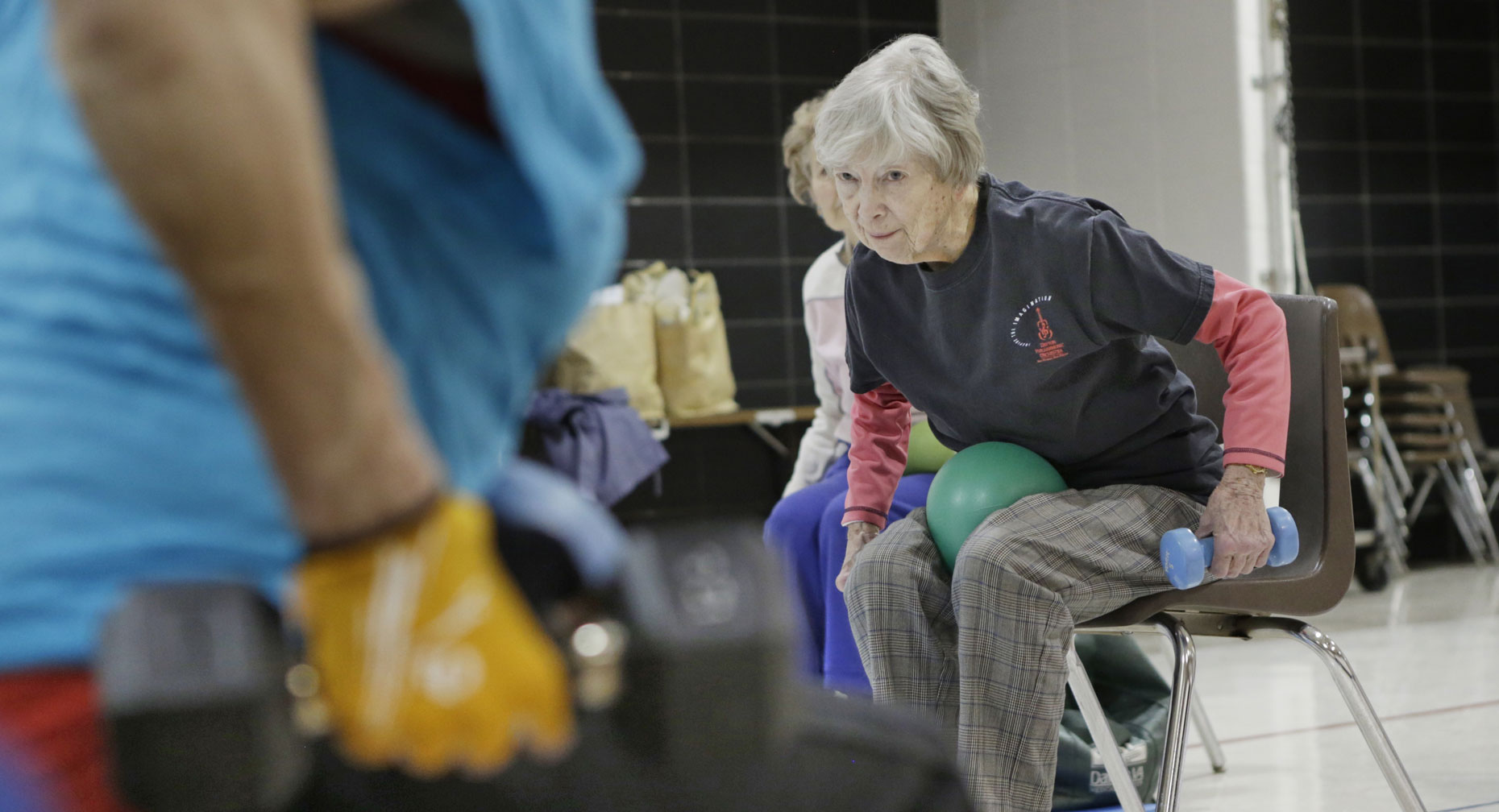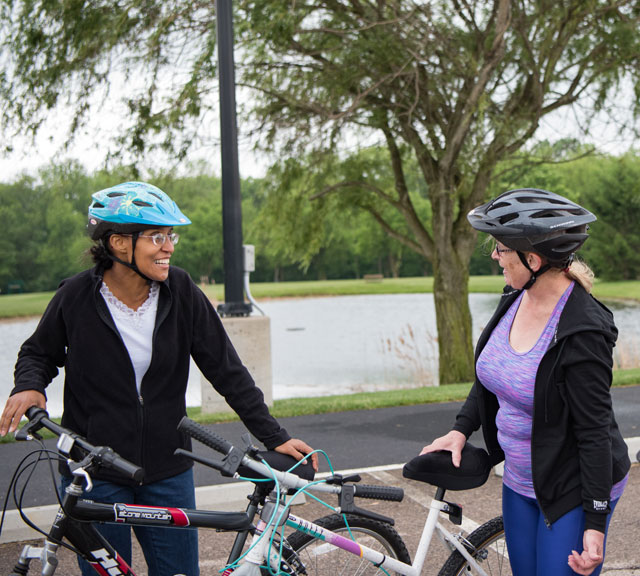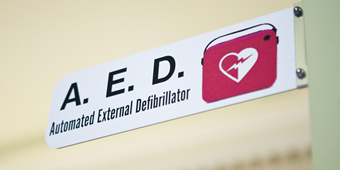Exercise: Are You Getting Enough?

Answer a few questions and we'll provide you with a list of primary care providers that best fit your needs.
“I rarely have to tell patients to cut back on exercise, that they’re doing too much,” says Joseph Allen, MD, of Family Medicine of Vandalia.
But how do you know you’re exercising enough to improve your health?
Dr. Allen says he offers his patients proven, “by-the-book guidelines” like those provided by the U.S. Department of Health and Human Services (HHS) in "2008 Physical Activity Guidelines for Americans![]() ".
".
If you’re returning after a break from regular exercise or just starting out, Dr. Allen says,“I recommend ramping up to 20 to 30 minutes of cardiovascular (aerobic) exercise that gets your heart rate up, three to five times a week.” For instance, brisk walking, swimming, cycling, exercise classes, dancing, water aerobics and jogging.
Plus, you should check with your doctor before beginning an exercise program.
HHS recommends the following for achieving “substantial health benefits” from exercise:
- At least 150 minutes a week (for instance, 30 minutes, five days a week) of moderate-intensity aerobic exercise or 75 minutes a week of vigorous aerobic activity. Or an equivalent combination of moderate and vigorous exercise.
- Performing aerobic activity in at least 10-minute episodes to benefit your heart.
- Muscle-strengthening activities that involve all major muscle groups at least two days a week. This may include body weight exercises like pushups, weight training or resistance bands.
What’s Moderate? What’s Vigorous?
How can you tell if you’re exercising at moderate or vigorous intensity?
- Use the “talk test.” If you can talk, but not sing, you’re exercising at moderate intensity. With moderate intensity exercise, your heart and respiratory rates increase, but you’re not out of breath. When you climb to vigorous intensity, talking will become difficult. You’ll get only a few words out before having to breathe in.
- Or keep track of your heart rate with a wearable monitor or exercise equipment with built-in monitors. At moderate intensity, your heart will beat at 65 percent of its maximum capacity (220 beats a minute minus your age). And with vigorous activity, about 90 percent of capacity. If you’re 40, your maximum heart rate is 180 beats a minute – or 117 beats a minute at moderate pace and about 162 beats a minute at vigorous.
I recommend ramping up to 20 to 30 minutes of cardiovascular (aerobic) exercise that gets your heart rate up, three to five times a week.
What’s the Right Amount for You?

The intensity and amount of exercise that’s right for you will depend on your fitness goals, Dr. Allen says.
If you want to improve your heart health and reduce your risk of heart disease, the standard 150 minutes of moderate intensity exercise a week is an effective goal to achieve. You’ll need more intensity and frequency, though, if your aim is improved strength or physical conditioning. Say, you’re getting ready to run a half marathon.
And Dr. Allen says, “If a patient’s goal of exercise is to lose weight, I’ll have a different talk with them. For weight loss, there needs to be an exercise component and a diet component.”
He adds, “All exercise is great, but it falls flat without a diet component.”
Exercise goals typically vary with age. Dr. Allen says, “Twenty- to 25-, 30-year-old patients usually want to get in shape, while 40- to 50-, 55-year-olds may want to get in better shape, but they also want to prevent a heart attack.”
If you have a chronic health condition, the standard recommended levels of exercise may be difficult, if not impossible, to achieve. Talk with your health care provider for advice on how to be as physically active as possible.
“Some exercise is better than none,” Dr. Allen assures.
Answer a few questions and we'll provide you with a list of primary care providers that best fit your needs.
Source: Joseph Allen, MD, Family Medicine of Vandalia; National Heart, Lung, and Blood Institute; PsychCentral; Arthritis Foundation





